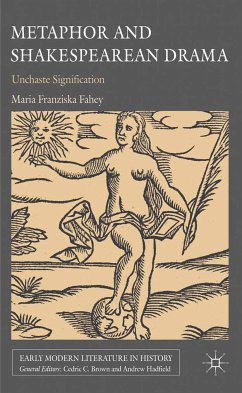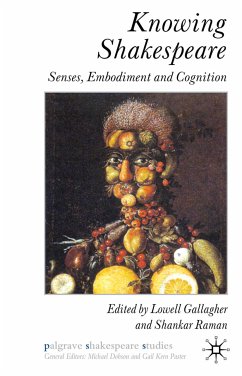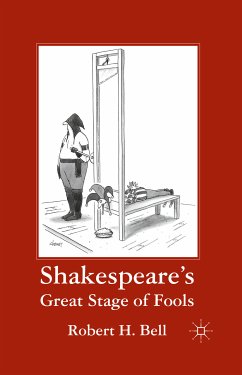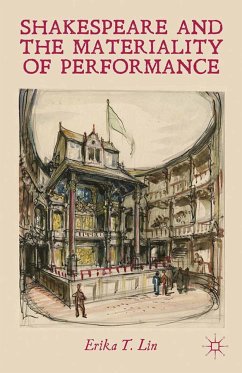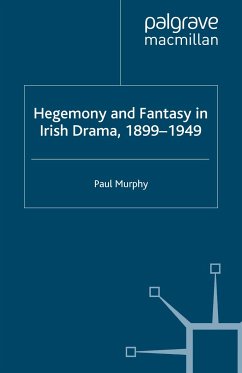
Imagining Shakespeare (eBook, PDF)
A History of Texts and Visions

PAYBACK Punkte
20 °P sammeln!
In this beautifully illustrated book, one of the foremost Shakespeareans of our time explores the ways in which Shakespeare has been imagined from his time to ours. Drawing on performance history, textual history and the visual arts (including a fascinating chapter on portraiture), Imagining Shakespeare displays throughout the cultural versatility, elegance, lucidity and wit which have become the hallmarks of Stephen Orgel's style.
Dieser Download kann aus rechtlichen Gründen nur mit Rechnungsadresse in A, B, BG, CY, CZ, D, DK, EW, E, FIN, F, GR, HR, H, IRL, I, LT, L, LR, M, NL, PL, P, R, S, SLO, SK ausgeliefert werden.



